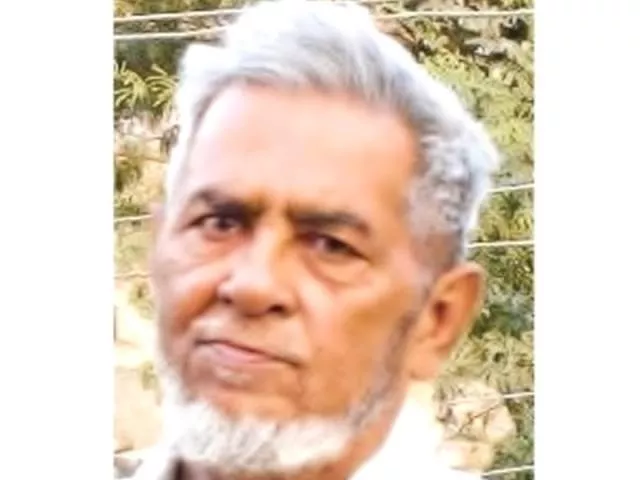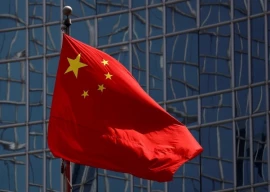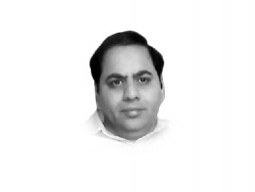
The Supreme Court has asked Chishti’s lawyers to file a separate petition in regard to the plea.
Reportedly, Dr Chishti’s incarceration was discussed at the lunch meeting between Prime Minister Manmohan Singh and President Asif Ali Zardari on Sunday. Top Indian government sources said that the prime minister had indicated he would take personal interest in the matter.
This was after a plea for clemency which was processed by the provincial government and the Indian Home Ministry was held up by the Governor of Rajasthan, the province where Dr Chishti was arrested and convicted.
In June last year, Supreme Court Justice Markandeya Katju had requested Prime Minister Singh to release Dr Chishti on humanitarian grounds. Acting on Justice Katju's appeal, Rajasthan Chief Minister Ashok Gehlot approved his mercy plea and sent it to Governor Shivraj Patil for final clearance. After that, Patil sent a questionnaire to the law department on various issues related to the case.
Dr Chishti is nearly 80 now. Indian television channels showed a frail, wizened, bearded man, blinking in the sunlight, being carried by two persons out of the jail after the court order was pronounced. Chishti developed myriad health problems in jail, including a broken hip after a fall. He used a walker to move about but only very slowly.
Chishti is accused of killing a man during a brawl in Ajmer in April 1992. He was visiting the Rajasthan city then to offer prayers at the famous shrine of Sufi saint Hazrat Khwaja Moinuddin Chishti. Since then, he has not been allowed to travel back to Pakistan.
In January last year, the Karachi virologist was awarded life imprisonment after an 18-year-long trial. Till then, he had remained largely under house arrest in Rajasthan, his lawyers say. After he was given the life sentence, he was placed in the Ajmer Jail. Some others convicted in the same case had been granted bail. Dr Chishti’s Pakistani citizenship meant he was not allowed to leave prison.
Chishti’s release and the Supreme Court’s intervention will give another boost to the ongoing confidence building measures between India and Pakistan. India is hoping to hear good news about the fate of Sarabjit Singh who has been sentenced to death in Pakistan for spying, though he says he merely strayed into Pakistan by mistake.


















COMMENTS
Comments are moderated and generally will be posted if they are on-topic and not abusive.
For more information, please see our Comments FAQ